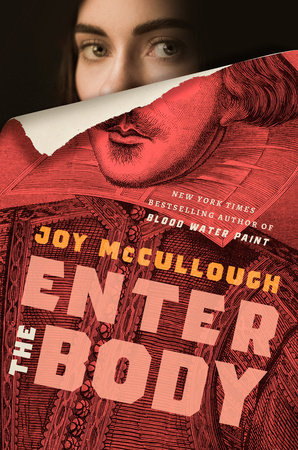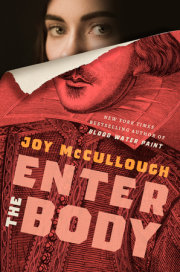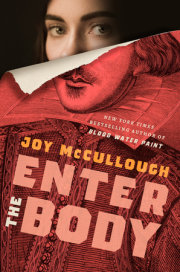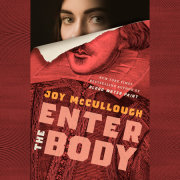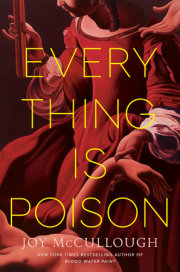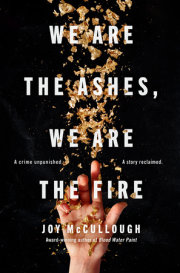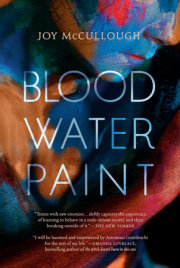A School Library Journal Best Book of the Year
A BCCB Best Book of the Year
A Rise Feminist Book Project Title
“At once tender, poetic and ferocious, Enter The Body breathes new life into the Bard’s most tragic heroines. More than a tribute to Shakespeare, this kaleidoscopic, ambitious novel-in-verse gives Juliet, Ophelia, Cordelia, and Lavinia the chance to tell their own stories full of passion, justice, sisterhood, and love. Simply spectacular.”—Two-Time National Book Award Finalist and Michael L. Printz Award Winner Laura Ruby, author of Bone Gap
"Radically creative... This provocative book could inspire all kinds of fresh approaches to the plays, not to mention lots of engaging writing projects for students."—Washington Post
★ “Body turns Shakespeare on his head while honoring h"a radically creative book for young adults who are familiar with Shakespeare’s plays. McCullough resurrects the dead teenage girls Ophelia, Cordelia and Juliet and lets them speak in verse and to each other about their fates. (Lavinia from “Titus Andronicus” serves as a silent witness.) This provocative book could inspire all kinds of fresh approaches to the plays, not to mention lots of engaging writing projects for students. is talent as the girls retells their stories on their own terms.... Truly outstanding.”—Booklist, starred review
★ "By innovatively mining feminist themes of autonomy, exploitation, and patriarchy, McCullough boldly reconceptualizes Shakespeare’s version of the female point of view for a new generation of Bard enthusiasts."—The Horn Book, starred review
★ "Form as a mode of personal expression is conscious, deliberate, and stunningly effective here and elevates this novel above and beyond many run-of-the-mill Shakespeare retellings to a carefully constructed and emotionally resonant consideration of tragedy and autonomy.... This will be a revelation for teens seeking to claim their own narrative as a distinct and whole person outside of adult or societal input."—BCCB, starred review
★ "A strong, powerful look at the bonds women share and the power telling stories has to unburden us all."—SLC, starred review
★ "This entrancing, fiercely feminist examination of William Shakespeare's tragedies gives his female characters the opportunity to tell their own stories."—Shelf Awareness, starred review
★ "Elevates and reenergizes the canon; it’s an absolute must-read regardless of readers’ knowledge or opinion of Shakespeare."—SLJ, starred review

